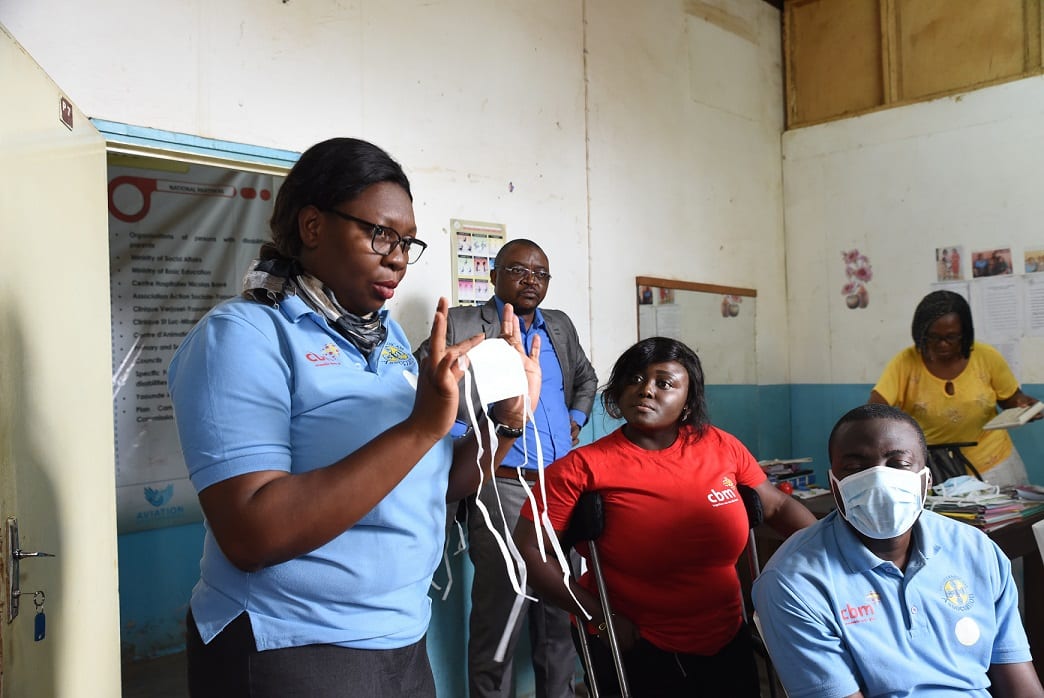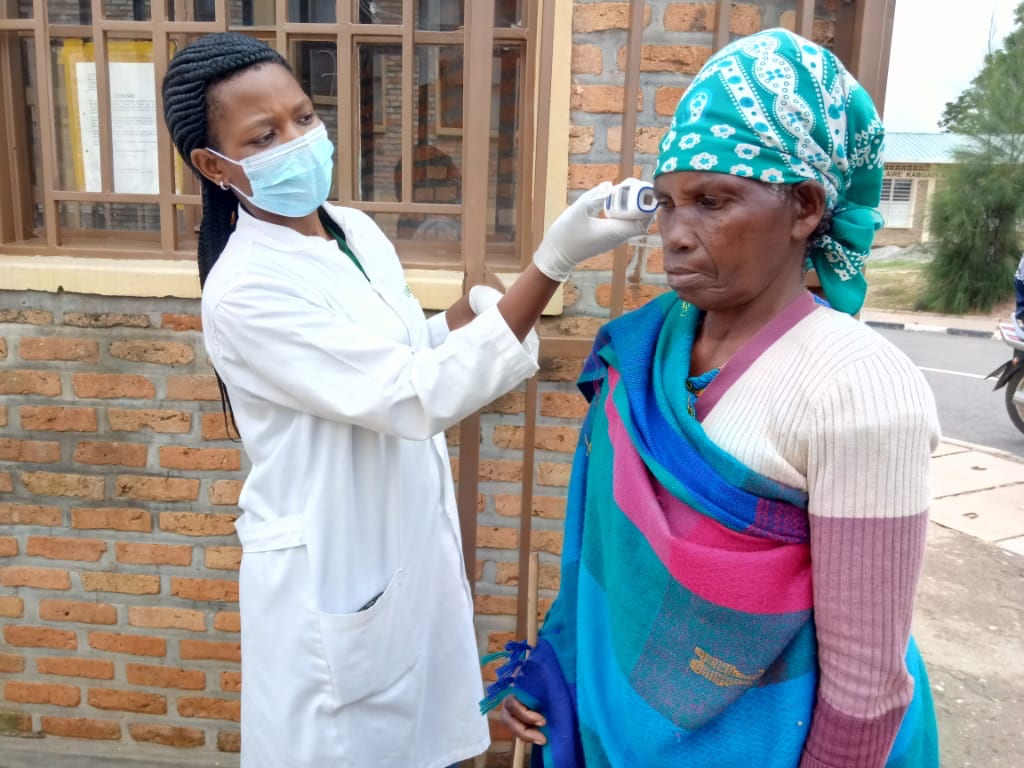Webinar: Disability-inclusive Practice & Research: COVID-19 & Beyond
Panel Discussion & Guidance Report Launch
Discussion co-facilitated by ACFID and ADDC with Guidance Report launch by RDI Network
Date:
Wednesday 10 June 2020, 3pm-4.30pm AEST
Format:
Panel Discussion followed by Report launch by RDI Network
Speakers:
Mika Kontiainen, Director, Disability Section, DFAT
Setareki S Macanawai, CEO, Pacific Disability Forum (PDF)
Samantha French, Senior Policy Officer PWDA, ADDC Executive committee member, PDF Board Member, Pacific Women with Disability Committee member and Asia-Pacific Disabled Peoples Organisations United Vice Chair
Moderator:
Kylie Shae OAM, Founder and CEO of Motivation Australia
People with disabilities are highly vulnerable during the COVID-19 pandemic.
People with disabilities are more likely to rely on support for everyday activities such as caring for themselves, communicating or accessing basic needs, and COVID-19 response strategies such as social distancing or isolation may prevent people with disabilities from receiving this support. For those who still receive these services, there is increased risk of being exposed to COVID-19.

People with disabilities often have pre-existing health conditions and are more likely to face risks associated with overcrowding. 80% of people with disability live in poverty, meaning access to medical assistance as well as clean water, sanitation and hygiene will be more challenging in a COVID-19 climate.
Governments and international development agencies across the region have had to both adapt their existing services in response to COVID-19 restrictions and mobilise available resources to address the new challenges posed by the pandemic. How have people with disabilities experienced these rapid changes and risks? How have organisations worked to include people with disabilities and have these efforts been sufficient to address the additional barriers and risks faced by people with disabilities during a pandemic?
Join us in hearing from the above representatives from key organisations as they reflect on:
- The work their organisations have been doing to ensure people with disabilities in developing countries are able to access their human rights during the COVID-19 pandemic;
- Challenges that have been encountered in doing so, and
- Lessons learned that can be observed to improve disability-inclusion in future health crises, development and emergency responses.
The webinar will be a panel discussion with opportunity for limited Q&A followed by the launch of ‘Research for All: Making Research Inclusive of People with Disabilities’ Guidance Report by the RDI Network.
‘Research for All: Making Research Inclusive of People with Disabilities’ provides tools and resources for practitioners, researchers and policymakers for any and all forms of research, or evaluation, to ensure best-practice.
This guide breaks down the research cycle, lists key ethical considerations, and includes case studies to demonstrate low-cost approaches to disability-inclusive practice. Entry points are also specified at the end of each section to guide decisive action, discussion, and reflection for change.
There will be a Q&A session. Attendees are encouraged to submit their questions in writing through the Q&A area.

Webinar details:
Date: Wednesday 10 June, 3pm-4.30pm (AEST)
